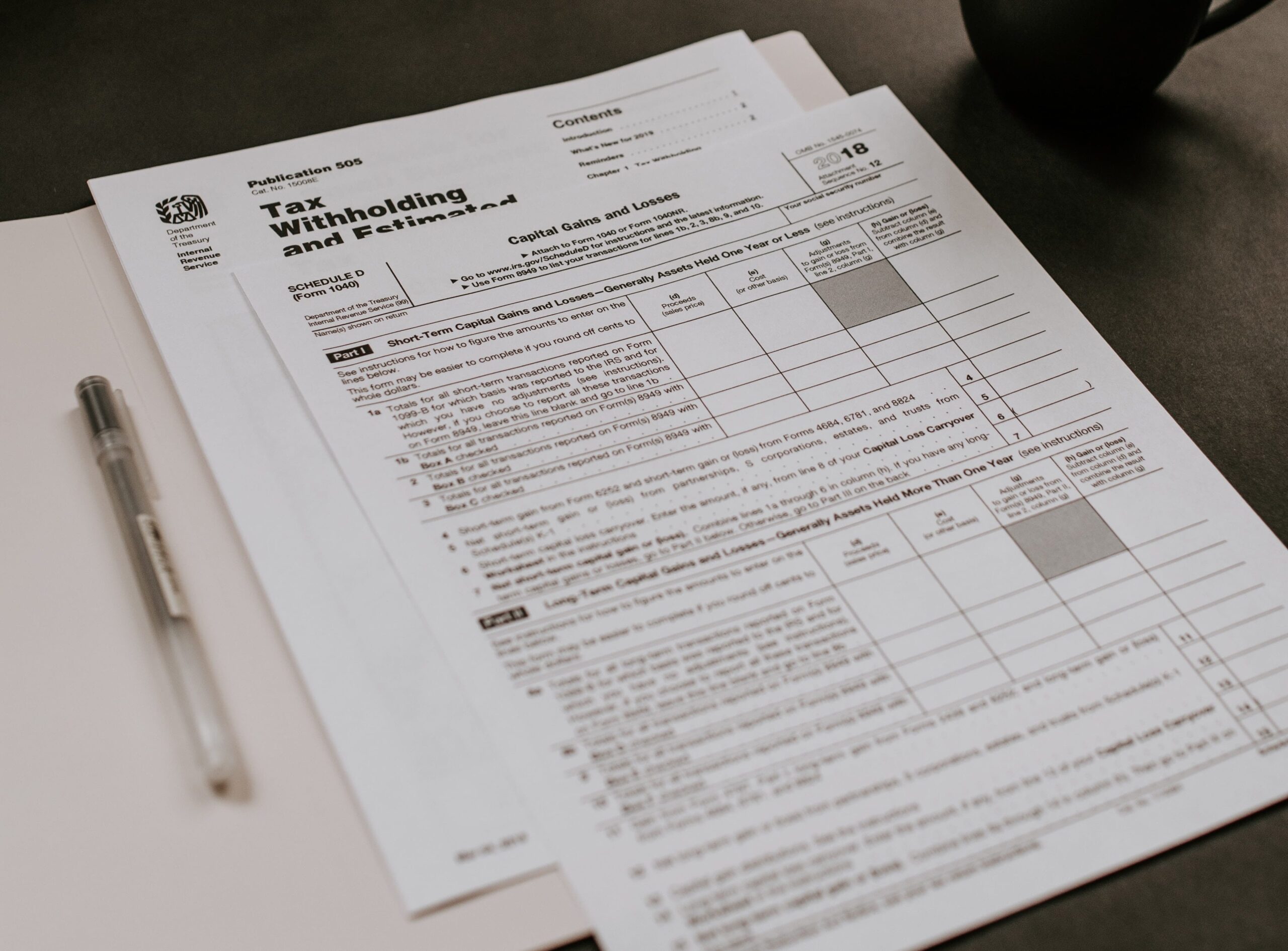
Potential Tax Planning Strategies In Light of the Biden Administrations Tax Rate Increases
Individuals and corporations are anticipating tax rate increases under the Biden Administration’s Tax Proposal. As outlined in the Treasury’s Green Book, released on May 28, 2021, the Administration has proposed that these tax rate increases would be effective for taxable years beginning after December 31, 2021.
Individual Tax Rates
For individuals, the top tax rate would increase to 39.6% (from 37%) for taxable income over $509,300 for married individuals filing a joint return and $254,650 for married individuals filing a separate return.
Corporate Tax Rates
The income tax rate for C Corporations is expected to increase to 28% (from 21%). Under the proposal, for taxable years beginning after January 1, 2021, and before January 1, 2022, only the portion of the taxable year in 2022 would be subject to the increased 28% rate.
Capital Gains and Dividend Tax Rates – Retroactive Effective Date
In addition, the tax rate for long-term capital gains and qualified dividends will be increased to 39.6% (43.4% including the net investment income tax “NIIT”) from 20% (23.8% including the NIIT) to the extent the taxpayer’s income exceeds $1 million, indexed for inflation. This proposal is anticipated to be effective retroactively for gains and income recognized after April 28, 2021.
Planning Strategies
These tax rate increases leave little opportunity for planning, however, a potential plan to minimize the impact of these increases is to consider “reverse” tax planning. The objective behind this strategy is to accelerate income and defer deductions. For companies, this approach may require accounting methods changes and transactional planning. The general concept is to accelerate income recognition to tax year 2021 prior to the potential rate increases of 2022. Likewise, deferring deductions to tax years when rates are higher increases the tax value of the deductions.
Method of accounting changes requires the taxpayer to file Form 3115, Application for Change in Accounting Method. As a result, taxpayers must adhere to the process and procedure related to this form. Below is an overview of some of the items that can be subject to an accounting change that may have a corresponding tax benefit.
Expense Deferrals
Discontinuation of a recurring expense item exception – Defer the deduction until the year of payment for liabilities related to property taxes and other state taxes. Capitalize research expenditures and certain software development costs under IRC § 174(b).
Income Acceleration
Full inclusion of advance payments – Under this change in accounting method, taxpayers are permitted to recognize advance payments in the year they are received as opposed to deferring the advance payment. Long-term contracts – Consider evaluating whether a long-term contract can be accelerated to recognize income.
Elections
In addition to accounting methods changes, taxpayers may consider various elections to defer and capitalize other costs to subsequent tax years when tax rates are expected to increase. Elect to capitalize employee compensation, overhead and de minimis costs – Taxpayers can elect to capitalize these costs not exceeding $5,000 applied on a transaction-by-transaction basis. Elect out of the 12-month rule for prepaid assets – Taxpayers may choose to capitalize and amortize certain prepaid liabilities such as insurance premiums and service contracts rather than deduct such costs under the 12-month rule. Fixed asset depreciation – Taxpayers can elect out of MACRS and bonus depreciation to increase the deduction in subsequent tax years. Capitalize repairs and maintenance expenses to conform with books to recover the repair and maintenance expense over the life of the underlying asset.
Other Items
Other items to consider are the deferral of year-end bonus accruals and the gain exclusion benefit for small corporations under IRC §1202.
Year-end bonus accruals – Taxpayers may defer the deduction for bonus accruals by delaying the payout until more than 2 ½ months after year-end. The terms of the bonus plan must be reviewed or revised to conform to this change.
Exclusion of gain from qualified small business stock – Under IRC § 1202, non-corporate investors may exclude 100% of the gain realized on the disposition of the qualified small business stock. The amount of gain eligible for this exclusion is limited to $10 million or ten times the taxpayer’s basis in the stock. This gain would not be subject to the proposed increase in the capital gain tax rate.
Conclusion
Taxpayers must carefully consider the factual, procedural, and tax impact of each of these potential minimization strategies before implementation. As noted above, accounting method changes require the filing of appropriate forms with the IRS, and procedures must be followed.
If you would like to discuss any of these items, please contact one of our tax experts at RVG & Company!
